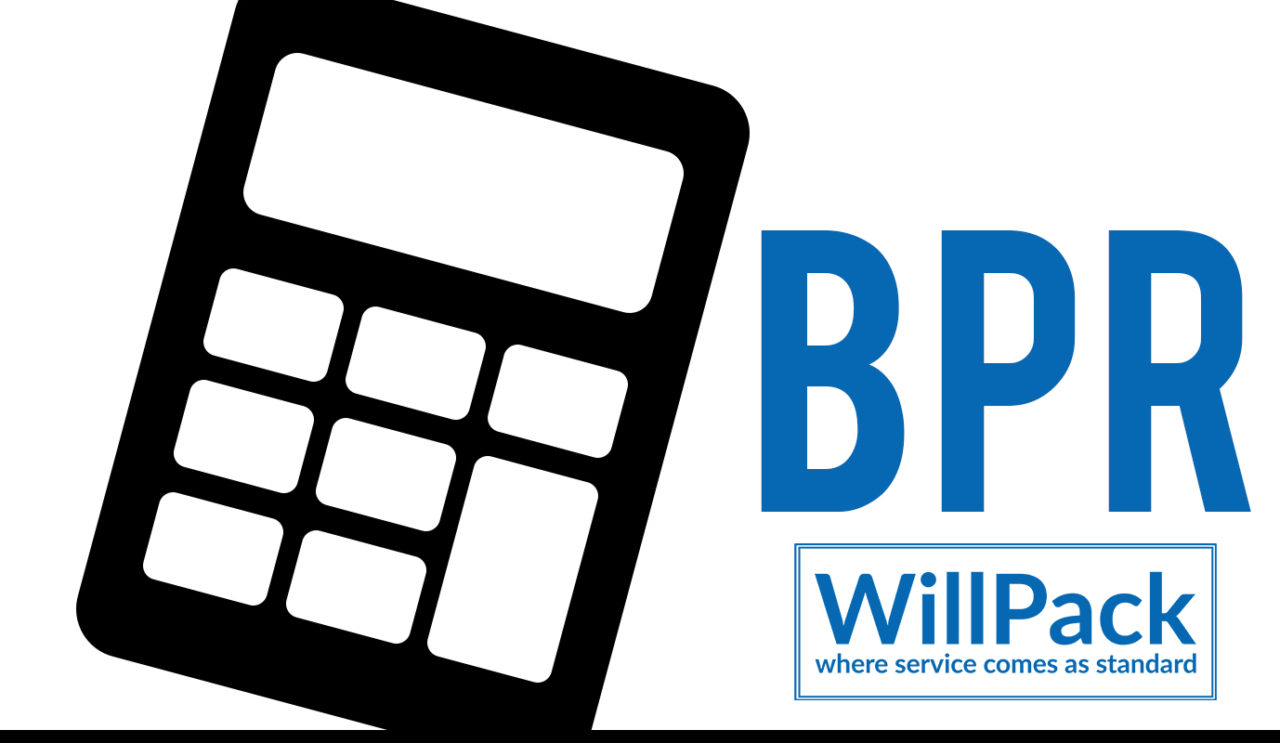Following on from the article last week, this article will cover the remaining conditions that must be met for a business to qualify for business property relief (BPR).
Please note that the following should only be intended as a brief introduction to BPR. BPR is a complex area with several pitfalls. When it comes to specific cases, WillPack is only able to give an overview on whether a business may or may not qualify for BPR. It is highly advisable that clients contact their accountants or other business professionals who will have a more in-depth knowledge of the business who will also be able to give ongoing advice to ensure that the business in run in a way that ensures that the business continues to qualify for BPR.
Relevant Business
Business assets must be relevant business assets to qualify. Some assets will receive relief at 100%, whilst others will only receive 50% relief.
The following will qualify for the 100% relief:
- An interest in an unincorporated business (i.e. a sole proprietorship or partnership).
- Unquoted shares in a company.
- Unquoted securities (e.g. loan stock) in a company which gave the transferor control of the company immediately before the transfer.
The following will qualify for the 50% relief
- Quoted shares or securities in a company that gave the transferor control of that company.
- Assets held personally by the transferor or in a trust in which the transferor has an interest in possession trust that was used by a qualifying company that was under the transferor’s control or by a partnership in which the transferor was a partner.
Unquoted for these purposes means not listed on a recognised Stock Exchange but also includes AIM shares. Control for these purposes generally means that the transferor is able to control over 50% of the voting powers on all questions affecting the company as a whole.
Relevant Minimum Period
The business must have been owned for at least two years to qualify for BPR. There are three exceptions to this rule.
If the business is inherited by a surviving spouse or civil partner, the survivor is able to include the ownership period of the deceased.
If there are two transfers of the same property within a two-year period, and either transfer is on death, the minimum period requirement is satisfied for the second transfer as long as the assets qualified at the time of the first transfer.
If the transferor sold a business and reinvested the same value in another qualifying business, but haven’t owned the replacement business for two years, the requirement will be satisfied if both the former and latter assets have been owned for at least two years of the previous five years.
Contract of sale
Business assets will not be seen as Qualifying Business property if it is subject to a binding contract for sale. This exclusion does not include a sale that is being made for the purposes of reconstruction or amalgamation.
It is fairly common for partners or shareholders/directors to enter into agreements for their executors to sell their shares in the business to the surviving partners or directors on death with the intention of avoiding outside parties from entering the business. Whilst these make sense, such agreements are not advisable as they would be seen as a contract of sale definition.
Pre-emption provisions, i.e. giving surviving partners/shareholders the first choice in disposing new shares, will not be seen as a contract for sale as there is not obligation on both sides. Similarly, giving a person an option to purchase the business in the Will would not be seen as a contract for sale as the option holder is not obligated to purchase it.
Including a direction to sell the business in the Will would be seen as a contract for sale and mean that BPR is lost.


 © Trust Wills & Probate Limited t/a WillPack. All rights reserved.
© Trust Wills & Probate Limited t/a WillPack. All rights reserved.
You must be logged in to post a comment.